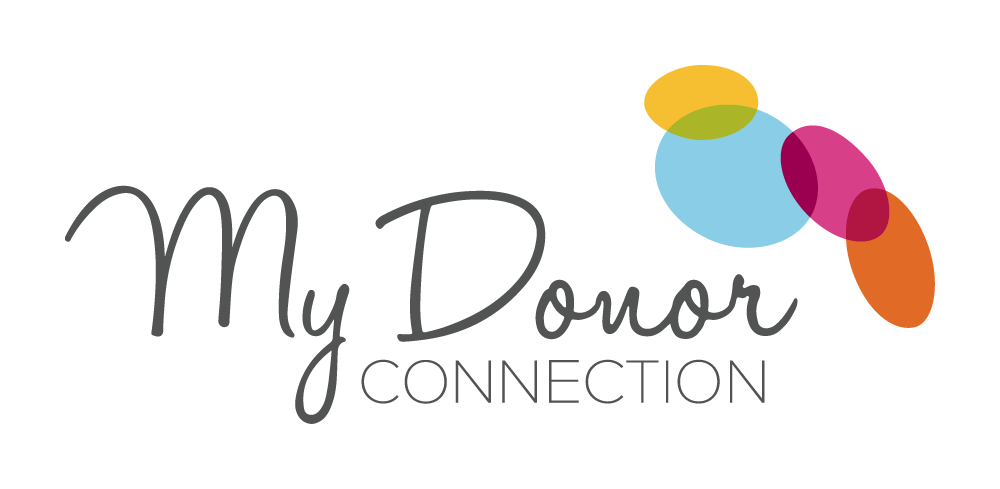If you’re considering egg donation, it’s important to do your research so that you’re well-informed before taking the next step. To help you get an idea of what the process may look like, we’ve put together a breakdown of a typical cycle. Of course, every clinic may have their own unique protocol, but the overall process is quite similar. On average, the donor cycle usually lasts between 2-4 months.
Application Process
To get started, you’ll need to fill out an online application which will be reviewed by our staff. If you’re selected as a potential candidate, we’ll reach out to schedule an interview and answer any questions you may have about the donation process. We’ll also ask about your interests, education, and even provide an option for you to create a video. Your completed profile will be shared with intended parents who are part of our network.
Matching Process
If an intended parent expresses interest in you as a donor, we’ll contact you with specific details about the match to ensure that the location and time frame of the cycle aligns with your schedule. Before you’re approved as an intended parent donor, you’ll need to undergo psychological and medical testing. This is a crucial step as it demonstrates that you’re a good candidate for egg donation. Don’t worry, we’ll provide you with legal representation to guide you through the donation process before entering into an agreement with the intended parents.
Donor Cycle
Once you’ve passed the necessary screening process, you’ll begin taking oral contraceptives to help regulate your menstrual cycle and synchronize it with the recipient. Then, during the third week of your cycle, you’ll start taking injectable medications for approximately 2-3 weeks leading up to the retrieval process.
Monitoring appointments will likely take place at a local clinic and usually involve a blood draw and ultrasound. They’re pretty quick, only lasting between 15-30 minutes, and should be done first thing in the morning to record the results with the ordering physician.
The final days leading up to the retrieval will require you to travel to the recipient’s clinic. Plan on spending around 5-10 days for this trip. The physician will give you instructions for taking your final shot approximately 36 hours prior to the retrieval. On the day of the retrieval, you’ll need to bring a companion with you. The procedure takes place while you’re under light sedation, and most donors experience little to no discomfort during the process.
We hope this breakdown has helped you better understand what egg donation entails. If you have any further questions, don’t hesitate to reach out to us. We’re here to support you every step of the way!




